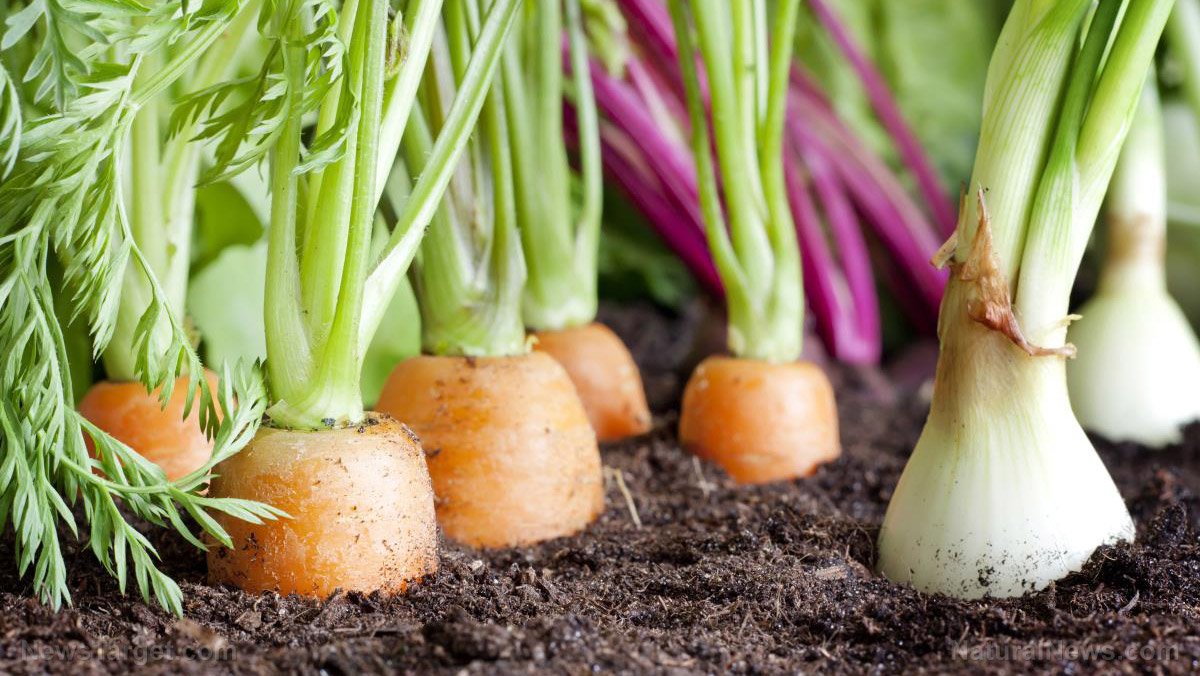
Advertisement
As it turns out, farm waste management systems may be making things worse when it comes to the rise of antibiotic-resistant bacteria.
According to researchers from the University of Buffalo, this is because waste treatment systems on farms do not fully remove antibiotics and their residue from animal waste matter.
This, the researchers said, is a cause for concern, given that solid wastes from these systems are often repurposed by farmers as animal bedding or sold as fertilizer.
“We were hoping that these advanced treatment technologies could remove antibiotics. As it turns out, they were not as effective as we thought they could be,” lead researcher Diana Aga said in a press statement.
Aga noted, however, that antibiotic residue in animal waste matter from farms can be reduced by up to 70 percent by composting.
“ Our earlier studies on poultry litter demonstrated that up to 70 percent reduction in antibiotics called ionophores can be achieved after 150 days of composting. Testing this hypothesis on dairy farm manure is the next phase of our project, and we are seeing some positive results,” Aga said.
Antibiotic-resistant bacteria, as noted in previous studies, can cause widespread infections that cannot be cured with standard medication. This, experts have said, makes them a dangerous threat to human health.
The Food and Drug Administration (FDA) noted more than 25 million pounds of antibiotics approved for use in food-producing livestock have been sold or distributed in the United States in 2018, adding that the figure reflects an increase of 9 percent from 2017 through 2018 and a decrease of 38 percent from 2015.
But this figure is just a fraction of the total amount of antibiotics used annually around the world in both humans and animals.
Ultimately, the only way to prevent the accumulation of antibiotics in the environment is to bar their use, even in tiny farms and gardens — every small step counts, after all.
According to recommendations by experts, these include phasing out routine antibiotic use over long periods of time, barring the use of antibiotics that no longer have proven efficacy in animals, discouraging the use of antibiotics that are also used on humans, and improving veterinary oversight.
Here are some ways with which you can avoid using antibiotics — and other synthetic treatments — in your farm or homestead:
- Keep your animals healthy. This will lessen their risk of getting sick, which in turn, lessens the chances of them needing antibiotics. One way to ensure this is by carefully observing and assessing their behavior and by making sure that they are being fed well.
- Dispose of any animal carcasses in a quick and sanitary manner. This will lessen the risk of attracting pathogen-carrying pests such as rats, possums and feral dogs and other animals into your property.
- Make sure you cure your compost properly. This will ensure that any pathogens in the organic matter are eliminated and that they pose no risk of infecting any animals on your property.
- In the event of an infection, opt for natural methods and alternative treatments such as medicinal plants and essential oils in order to minimize your animals’ exposure to synthetic medication. For example, you can use tea tree oil to get rid of fleas, while chamomile can be used to help treat abscesses and indigestion.
When it comes to developing and maintaining a farm or homestead, one doesn’t have to resort to potentially dangerous synthetic antibiotics when it comes to treating infections and illnesses in animals, especially when natural, more environmentally-safe alternatives exist.
Sources:
FDA.gov[PDF]
Advertisements







